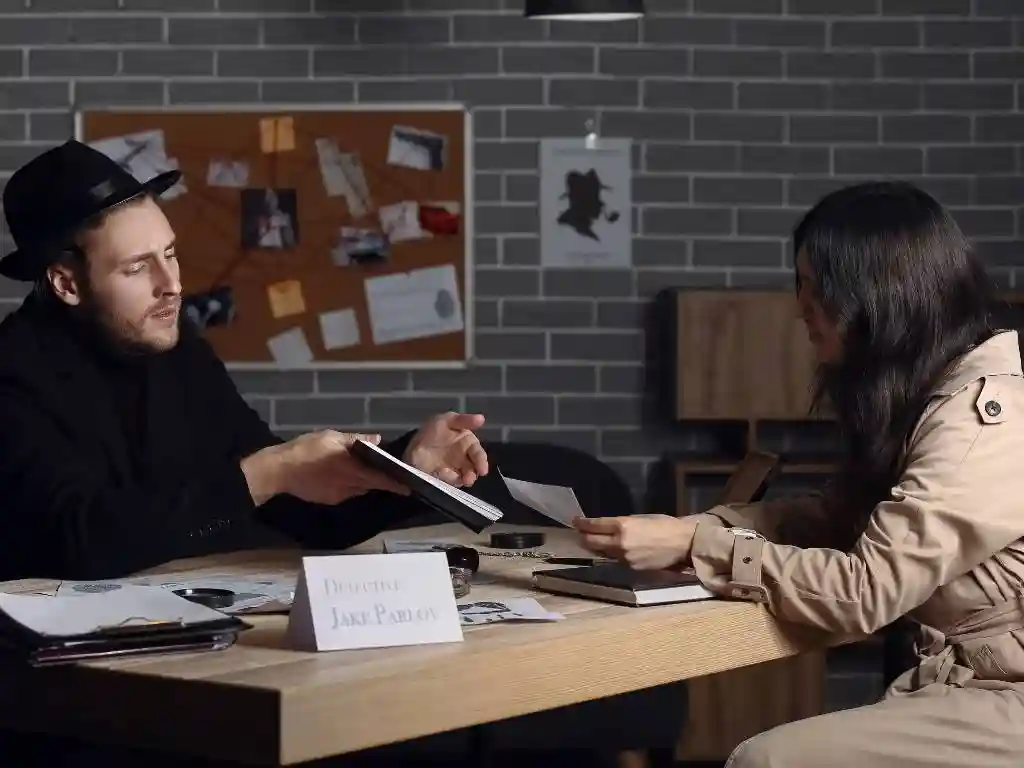Text is not Talking: Supreme Judicial Court Holds that Individuals have no Reasonable Expectation of Privacy in Sent Text Messages
Text messages have replaced the old-fashioned phone call: Since 2014, Americans under 50 reported preferring text messages to talking on the phone. American adults under 45 send and receive an average of 85 texts per day. Many people, then, treat texts like talking. But even though the government might need a warrant to intercept your phone call, as of this week, in Massachusetts, the government can read and use your texts that they obtain from someone else’s phone.
On Tuesday, the Supreme Judicial Court held that no one can reasonably expect a sent text message to remain private – at least for the purposes of Article 14 of the Massachusetts Declaration of Rights (the Commonwealth’s equivalent of the federal Fourth Amendment). This could go to all states-
Under Article 14, the government usually needs special permission (a warrant) to search your property and possessions; property and possessions are protected under Article 14 if you have a “reasonable expectation of privacy” in the object. In Commonwealth v. Jorge Delgado-Rivera, the Court held that a defendant did not have a “reasonable expectation of privacy” in text messages sent to a third party, even if those messages passed between friends and even in an era where texting is as casual and intimate as talking.
The defendant in Delgado-Rivera faced drug trafficking charges that stemmed, at least in part, from a series of text messages that he sent to a co-defendant. Police obtained those texts after an arguably illegal search of the co-defendant’s phone. His co-defendant moved to suppress the search, and Delgado-Rivera moved to join the co-defendant’s motion. The question for the Court deciding Delgado-Rivera’s motion was whether he could invoke the protections of Article 14 to protect texts on someone else’s phone.
The Court’s opinion is significant in two respects. First, the Court made clear that Article 14 analysis may soon broaden to better track federal law. Under current Massachusetts law, “[o]nly if the defendant proves both standing and a reasonable expectation of privacy do the protections of art.14 apply.” A person has standing in this context when he or she has a “possessory interest” in the search object. It is, thus, a “two-part inquiry” unlike the “one-step” inquiry under federal law, which focuses solely on the reasonable expectation of privacy. The Court noted that many recent Massachusetts cases had elided the two steps and treated the question of “standing” as resting on the same facts as the question of a person’s “reasonable expectation of privacy.” But that might not be true in every case; “[i]t is possible . . . to imagine circumstances in which [standing and reasonable expectations of privacy turned on different facts], particularly where digital searches are at issue.” The Court worried that there might be a case in which a defendant did not have standing but did have a reasonable expectation of privacy – and that would mean that the defendant would not enjoy state constitutional protections. The Court called this result “untenable” and noted that perhaps “this [C]ourt should formally abandon the two-part analysis.” It declined to reach the result but flagged it as an open “question” for “another day.” Practitioners should be aware the Supreme Judicial Court has opened the door to expanding Article 14 to protect individuals with a reasonable expectation of privacy in the object searched, even if that person does not have technical “standing” to bring such a claim under existent law.
Second, the Court held that the defendant had no reasonable expectation of privacy in his texts. In so holding, the Court explained that “the issue of control, or a lack of control . . . is determinative.” Once Delgado-Rivera’s words left his phone and landed his friend’s hand, Delgado-Rivera could no longer reasonably expect that others would not see them. To support this claim, the Court pointed to “the ease with which these messages can be shared with others,” including the recipient’s ability to “forward the contents of the message to hundreds and thousands of people at once.” The Massachusetts ACLU and the public defender’s office wrote as friends of the court to argue that the Court should consider cultural reality before reaching its conclusion. In their briefs, they explained that texting has replaced talking for many, and people use text to “communicate personally revealing thoughts, feelings, and facts via text message rather than through another medium.” These groups argued that because texting has replaced private conversations, the Court should recognize a privacy interest that covers a person’s texts that appear on someone else’s phone. In the end, however, the Court found those considerations did “not alter the analysis of whether they retained a reasonable expectation of privacy in those communications.”
As of this week, people in Massachusetts must assume that a sent text is no longer yours when it comes to police searches: Anything you send via text can be used against you, and, at least in Massachusetts, the state constitution will not protect you no matter how intimate the text or close your connection to the recipient.
If you or someone you know has been arrested or are facing criminal charges, contact our criminal investigation specialists at 866.PRI.EYES (774.3937) | Call Today!







